Rust on Roses
silybum
18 years ago
Featured Answer
Comments (11)
LizzieA
18 years agomichaelg
18 years agoRelated Professionals
Fort Lee Landscape Architects & Landscape Designers · Willowick Landscape Architects & Landscape Designers · Buford Landscape Contractors · Peabody Landscape Contractors · Tempe Landscape Contractors · Barrington Landscape Contractors · Broomfield Landscape Contractors · Cordele Landscape Contractors · Galt Landscape Contractors · Mastic Beach Landscape Contractors · Pikesville Landscape Contractors · Thornton Landscape Contractors · Wells Landscape Contractors · Westchester Landscape Contractors · Silver Firs Landscape Contractorstinamcg
18 years agoRalph_Sarmento
18 years agotinamcg
18 years agomichaelg
18 years agoabrodie
18 years agoCait McG
9 years agojim1961 / Central Pennsylvania / Zone 6
9 years agolast modified: 9 years agoCait McG
9 years ago
Related Stories
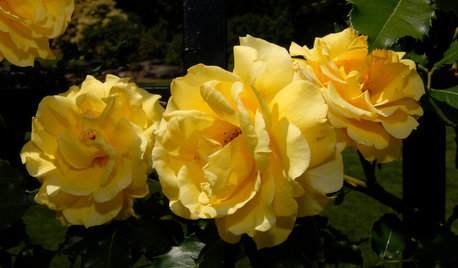
GARDENING GUIDES5 Favorite Yellow Roses for a Joyful Garden
Make 'cheery' the name of your garden game when you order your roses sunny side up
Full Story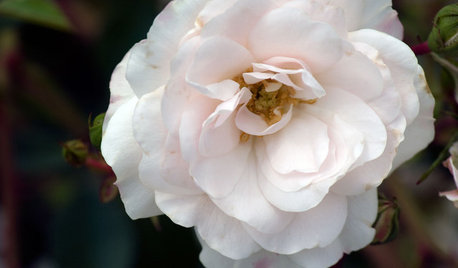
GARDENING GUIDES5 Favorite White Roses for a Purely Beautiful Garden
How does your garden glow? With roses that look like light and smell divine
Full Story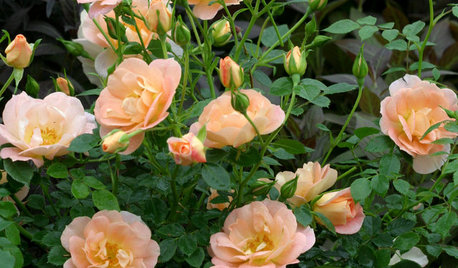
GARDENING GUIDES6 Wonderfully Easy Roses for Any Gardener
Look like an expert even if you're just starting out, with these low-maintenance gems of the rose world
Full Story
WINTER GARDENINGPruning Secrets for Exquisite Roses
Encourage gorgeous blooms year after year with this time-tested advice on how to prune your rosebush in winter for health and shape
Full Story
HOUSEKEEPINGHow and Why You Should Clean Your Garden Tools
Avoid rust and extend the life and effectiveness of your blades and spades with these expert tips
Full Story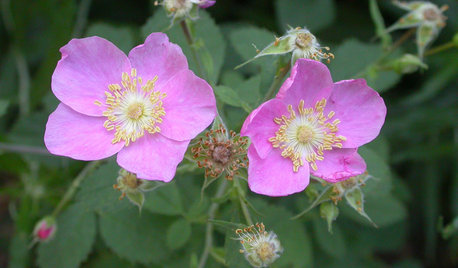
GARDENING GUIDESGreat Design Plant: Rosa Californica
Plant California wild rose for easy care and a touch of romance in your native garden
Full Story
COLOR11 Terrific Paint Color Matches for Wood Details
Pair your wood trim and cabinets with the right shade of wall paint to bring out the beauty in both
Full Story
ARTBring on the Garden Bling With Artful Stainless Steel
Set stainless free of the kitchen, using it to brighten and decorate any garden in an unexpected way
Full Story
MOST POPULARBlast Decluttering Roadblocks Once and for All
Change your thinking to get the streamlined, organized home of your dreams
Full Story
UPHOLSTERYSlipcover Magic: Casual, Washable and Fresh for the Season
Reinvent your sofas, chairs and ottomans with surprisingly chic and versatile slipcovers
Full Story





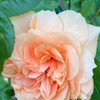

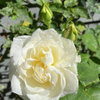
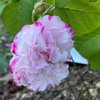
strawchicago z5